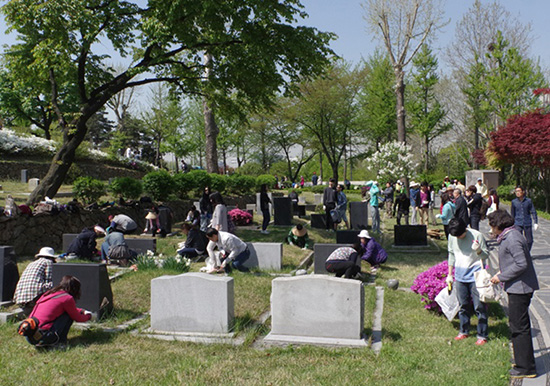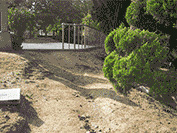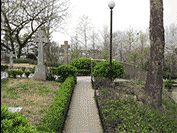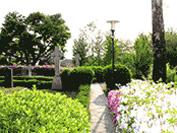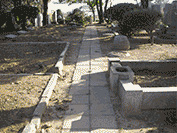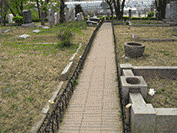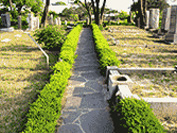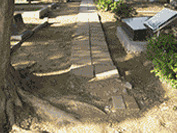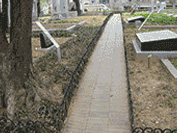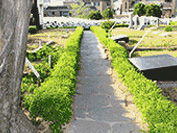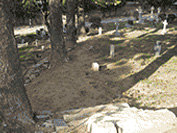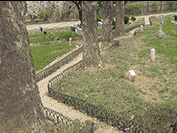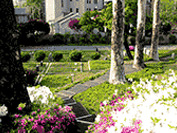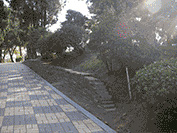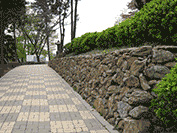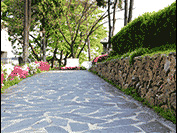In the past, the cemetery has suffered from lack of management, sending it into disrepair. The Council for the 100th Anniversary of the Korean Church requested that the Korean government transform the surroundings of Yanghwajin into a well cared-for cemetery and memorial park in 2001, which cost $10 million USD. The 100th Anniversary Memorial Church was established to be faithful stewards of the cemetery, and the church has restored the damaged cemetery into what it is today, having budgeted more than $1 million USD during Sep.
2005-Mar. 2009 period for this purpose. Congregants of the 100th Anniversary Memorial Church have volunteered countless hours executing this stewardship, making the cemetery park a beautiful, peaceful place. All 417 tombs, including 145 tombs of missionaries, have been preserved intact; none have been exhumed nor damaged, contrary to rumors. Some trees have been cut or pruned in the interest of maintenance, and some inappropriately erected monuments have been removed in a lawful manner.
Here, you can see 100th Anniversary Memorial Church members hard at work
to preserve the cemetery (April 2015):
The 100th Anniversary Memorial Church is dedicated not only to maintaining the cemetery park’s aesthetic qualities, but also, to the preservation of its historical significance for all of Korea. For this reason, the church maintains the Yanghwajin Research Institute. The institute hosts academic studies, lecture series and archival documents that we hope will continue to educate people about the past and present of missions in Korea.
We are dismayed that Seoul Union Church’s departure from Yanghwajin as a place of worship has been portrayed as an “eviction.” In hindsight we do realize that a better process could have been established to make the departure more amicable. The truth is that both Seoul Union Church and the 100th Anniversary Memorial Church are now in compliance with municipal law stating that regular religious activity be banned in the Mission Memorial building, because it was built as a cemetery maintenance house. We offered Seoul Union Church an alternate place of worship during a different hour, but this offer was not accepted. I further point out that some inappropriate activity and transactions have taken place with regard to Yanghwajin cemetery. As it is a designated city urban park, no new burial is allowed, nor can a single tree be cut without approval from the local district office here. Yet some descendants of certain missionaries have claimed proprietary rights to a portion of the cemetery, despite the law. I and two other members of the council, as well as the pastor of the 100th Anniversary Memorial Church, were sued by Seoul Union Church for interference in execution of duty. A series of hearings took place through different levels of the judicial system, and eventually, the higher court rejected the petition, which confirmed that no charges should have been brought against us. Despite troubling activities such as illegal burials and sales of burial plots attributed to the leaders and caretaker of Seoul Union Church during their custodianship, we choose not to pursue charges.
We always thank God for his grace in having sent us servant-missionaries 12 decades ago, many of whom are buried at Yanghwajin cemetery. The seeds they sowed bore many fruits, and now there are 12 million Korean Christians and 50,000 Korean Christian churches nationwide. Our only hope is to preserve Yanghwajin cemetery as it should be, so that we can tell future generations about the great works and Christian love that missionaries have shown to the people of this country.
